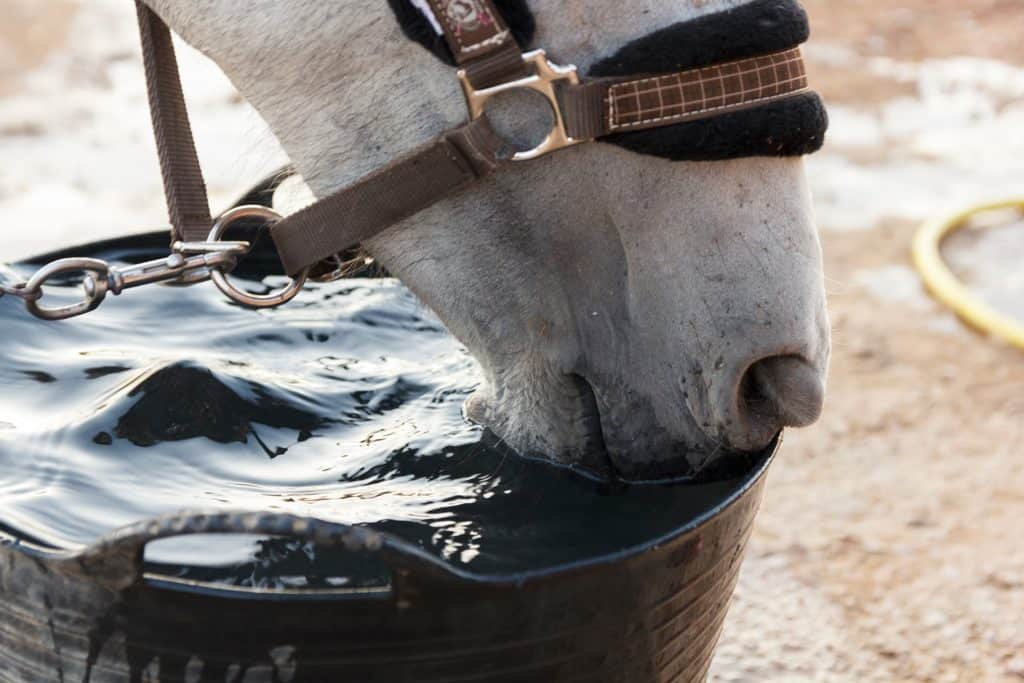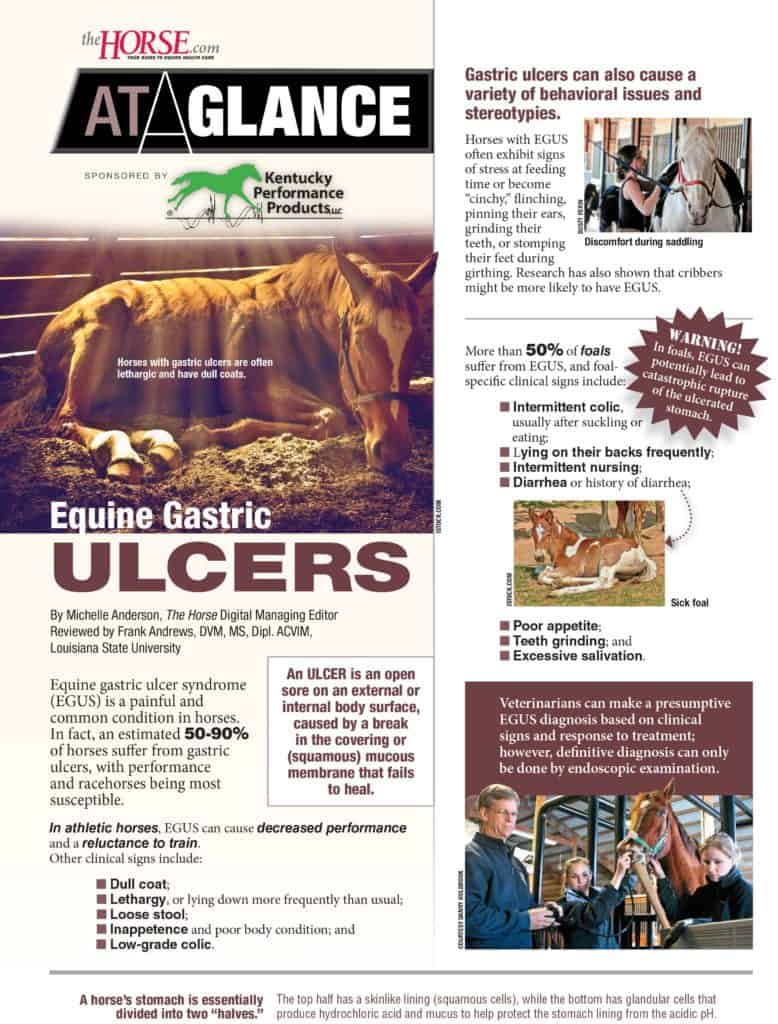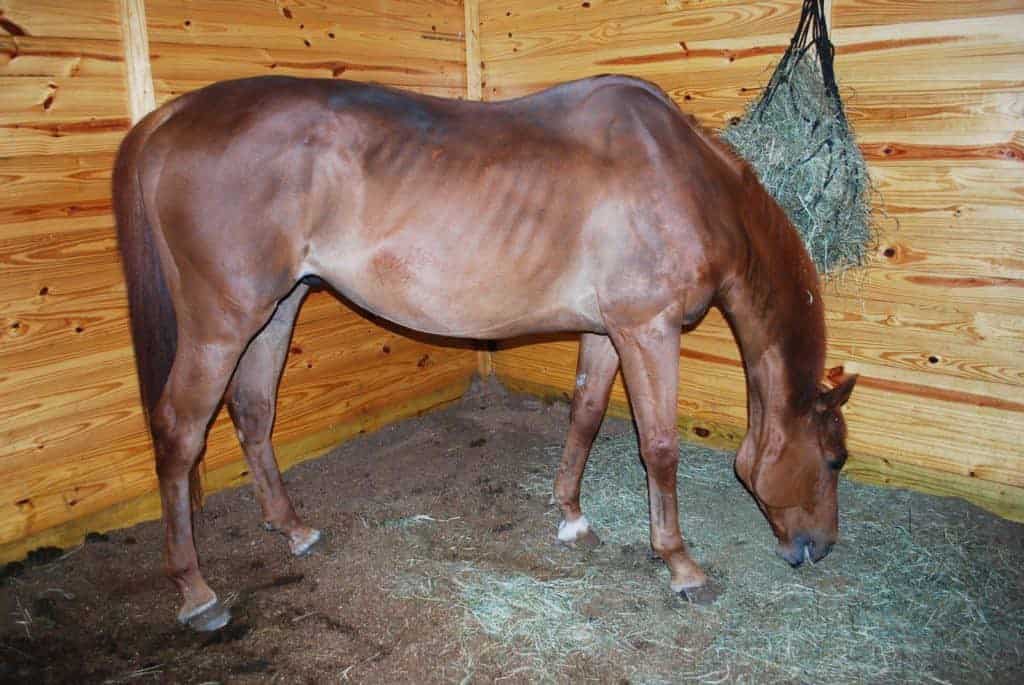
Working With An Equine Nutritionist
A nutritionist can tell you if you’re over- or underfeeding or supplementing and address other equine diet concerns.

A nutritionist can tell you if you’re over- or underfeeding or supplementing and address other equine diet concerns.

Researchers are discovering how the vast and varied microbes in the horse’s gastrointestinal tract impact equine health.

Our nutrition expert, who’s also a USPC regional supervisor, shares the basic nutrition rules every Pony Clubber learns.

Find out why some horses won’t consume water away from home and learn how to keep him hydrated.

Equine gastric ulcer syndrome (EGUS) is a painful and common condition in horses. Download this free guide to learn more!

Laminitis risk is the No. 1 reason we worry about equine metabolic conditions such as EMS and PPID when feeding horses.

An equine nutritionist offers tips for reducing your horse’s pasture intake with a grazing muzzle.

Researchers are learning more about how microbes within the gut influence horse health.

In most cases, energy requirement recommendations are an estimate of what a horse needs.

Rutgers researchers have gained a better understanding of how horses’ bodies change as they age. Here’s what we know.

Our staff and sources offer ways you can save time during feeding time.

Digestive system and cardiovascular system problems were the most common causes of death in the study population.

Carbohydrates are the main source of dietary energy for horses and are important for fast, quick-burning power.

Presentation topics include feeding through a horse’s life cycle, evaluating body condition, nutrition myths, and more.

Fat is an energy powerhouse that is a horse’s most abundant energy source.

Of the 413 respondents, 212 (51%) have dealt with an equine picky eater.
Stay on top of the most recent Horse Health news with
"*" indicates required fields